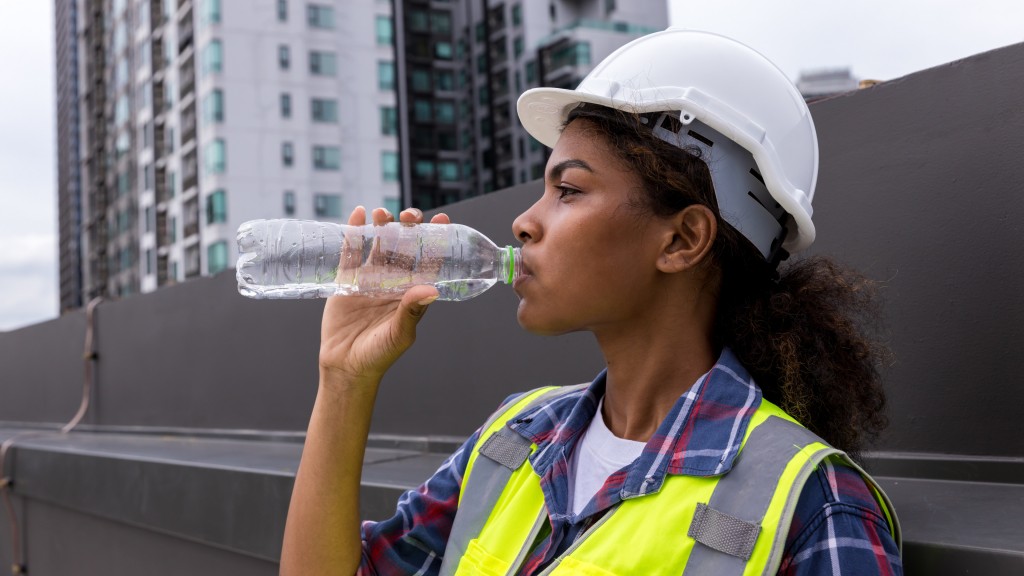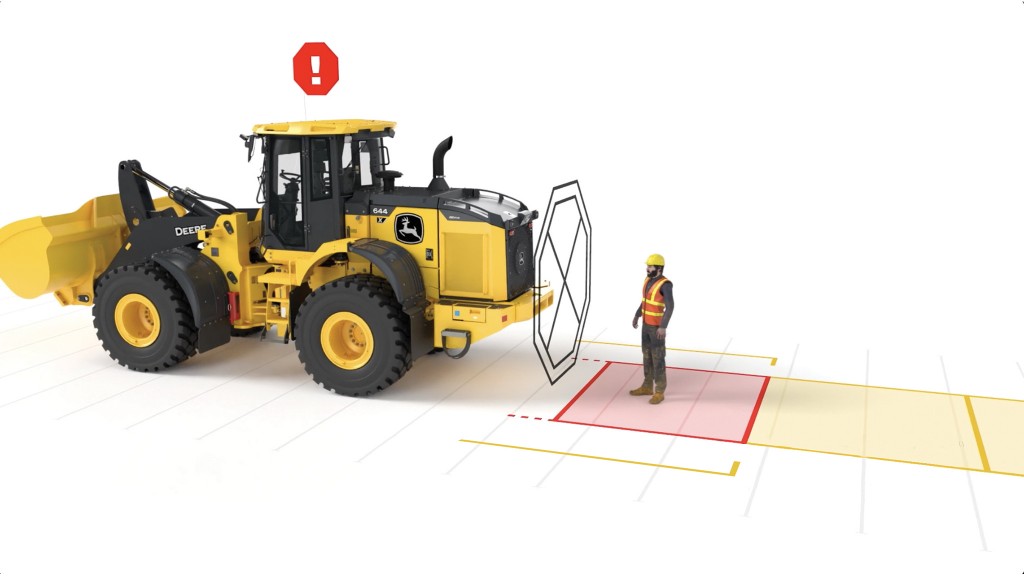Dehydration is more than a health concern – it's a safety hazard for everyone on the job site

I'm writing this in the second week of July, located in the Greater Raincouver Area, and I can't remember the last time I saw a drop fall from the sky. Global temperature records have been shattered in recent weeks, and my recent sojourns into the B.C. outdoors have left me more than a little parched. It serves as a reminder that we need to talk about hydration and how vital it is to make sure all workers on the job site hydrate regularly and adequately.
We have experienced some terrifying temperatures in North America in recent years – the Pacific Northwest heat dome of 2021 immediately comes to mind. Construction is physically demanding work, and it often involves day-long sun exposure. Dehydration can sneak up on workers – fatigue, dizziness, and confusion are all symptoms. Serious dehydration can and does result in long-term health consequences and deaths from working on construction job sites in North America.
Dehydration can also be deleterious to more than the health of a single worker. When awareness of other hazards on the job site lapses, everyone in the area is at risk. And beyond the health and safety concerns, dehydration affects focus and productivity, which is a detriment to getting a job done right the first time and on time.
Everyone on the job site needs to hydrate early and often to keep replenishing the water that the body loses to sweat throughout the day. Hydrating means drinking water, even when you aren't thirsty, and avoiding excessive caffeine and sugary beverage consumption.
Finally, make sure everyone on your job site is aware of the signs of dehydration in themselves and their coworkers, and make cooling solutions available. Plentiful water, a shaded area, and wet towels can all help stave off the early signs of heat exhaustion.
When I attend industry events, by far the most common swag bag item is a water bottle. But we rarely talk about how important it is for construction workers to put their water bottles to use. In an industry where new safety solutions are coming on the market to combat a range of job site hazards, such as a transparent bucket for wheel loaders, sophisticated object detection solutions, e-fence functions on excavators, grade control that eliminates the need for a worker in the trench, and electric machines that reduce job site emissions, the simple hazard of a hot day isn't necessarily a hot topic with a high-tech solution.
Ultimately, the most important dehydration and fatigue-fighting tool is a simple one – a water bottle.
Keep cool and stay safe out there this summer.


